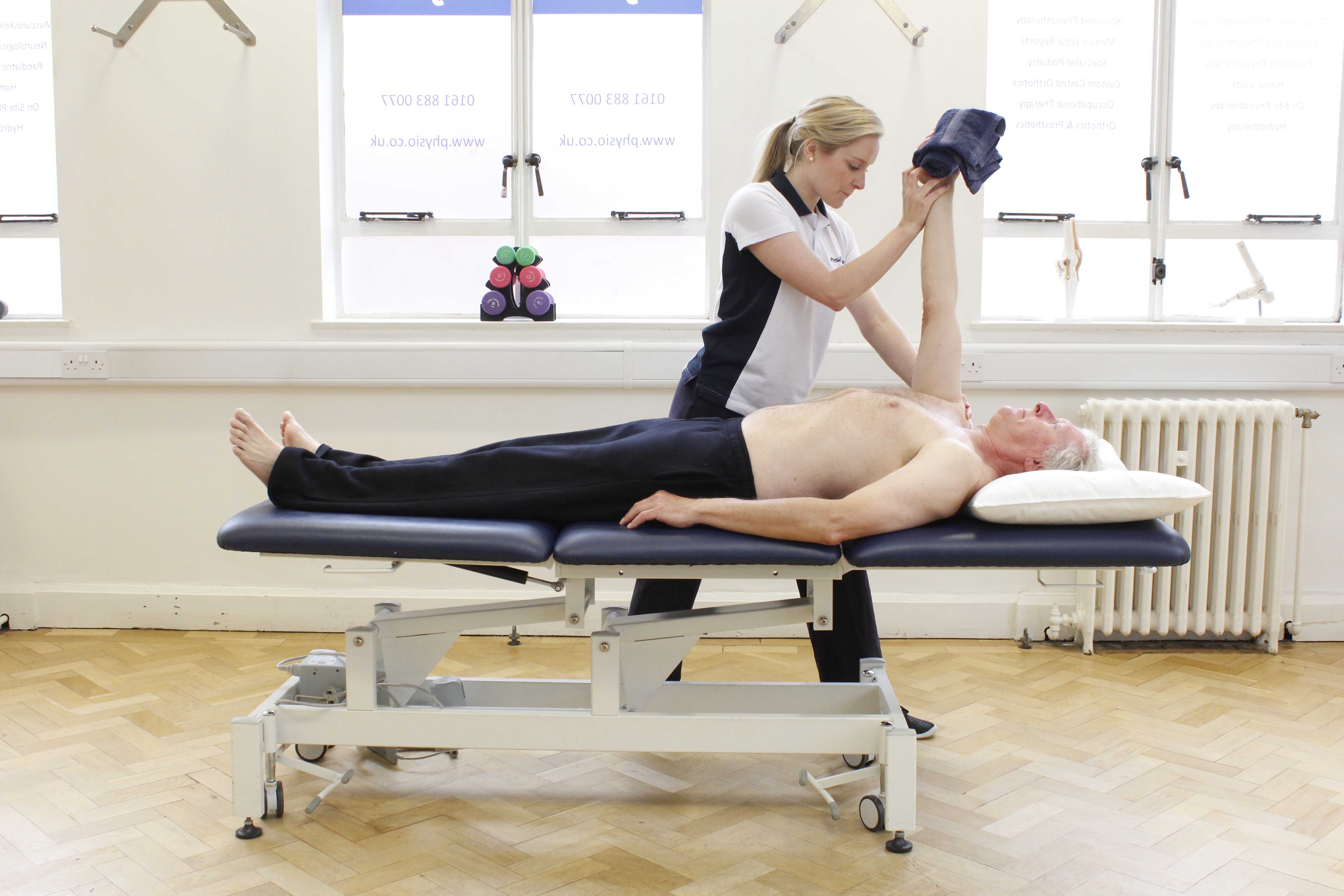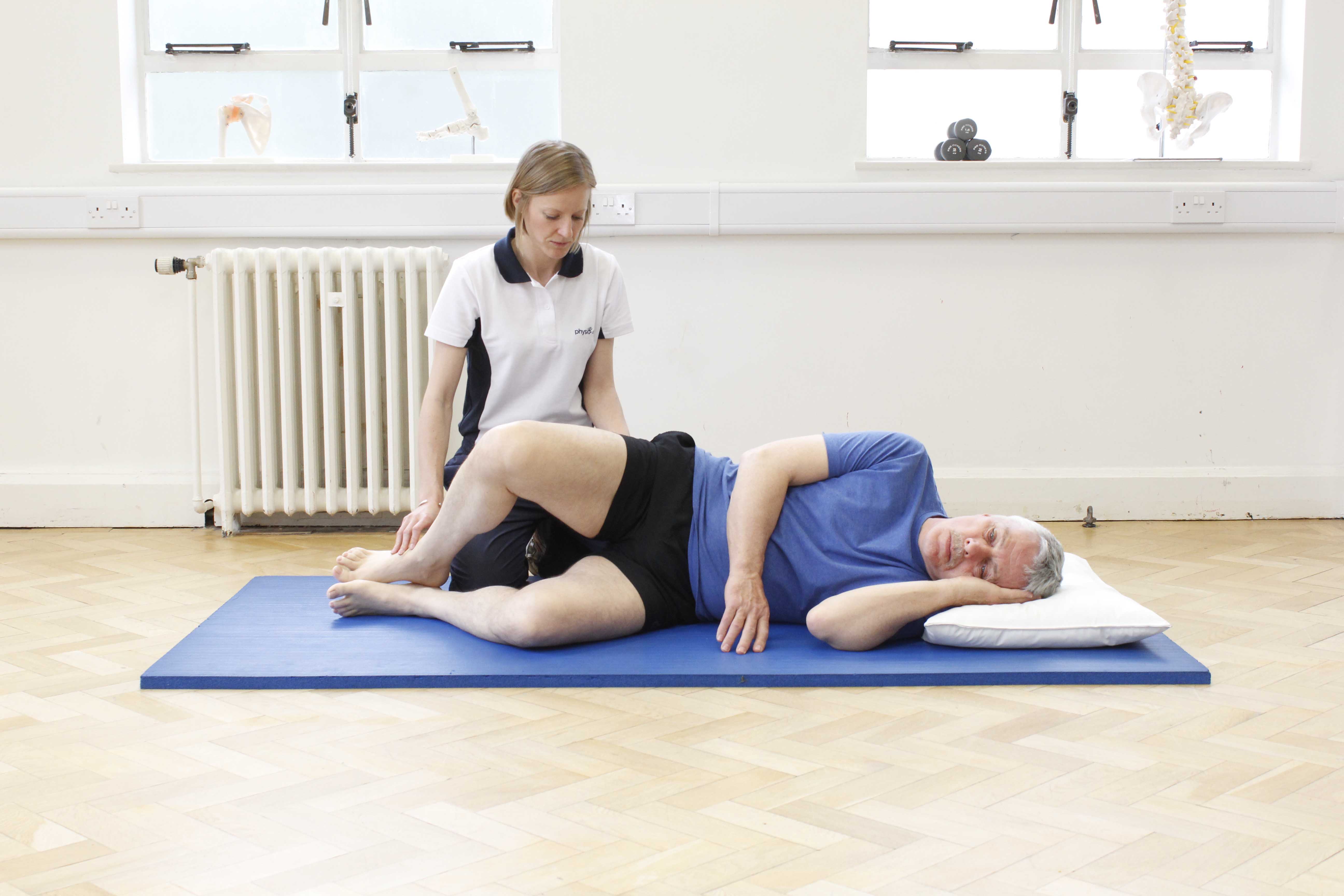What is Myasthenia gravis?
Myasthenia gravis or ‘’grave muscle weakness’’ is an autoimmune neuromuscular condition affecting the muscles in the body causing varying degrees of weakness. Myasthenia gravis is caused by the body’s immune system attacking the nerves supplying the muscles. Myasthenia gravis usually affects younger women, and men over the age of 60.
Diagnosis of Myasthenia gravis
A doctor will usually be able to diagnose you with Myasthenia gravis based on your symptoms. Alternatively you can be referred to a neurologist who specialises in neuromuscular conditions and a detailed assessment will be carried out. A specialised injection can be used which sometimes gives improvement in symptoms and in many patients and will confirm a diagnosis of myasthenia gravis.
What causes Myasthenia gravis?
It has been suggested the body’s own immune system releases antibodies that block important neurotransmitters. These neurotransmitters make your muscles contract. This damage therefore impairs the nerve supplying the muscle, so the muscles do not contract well and become weak and tired.
It is unclear what causes the immune system to do this. Some people with Myasthenia gravis find that tiredness and stress can bring on symptoms but others find their symptoms disappear spontaneously and don't return for many years.
 Above: Upper limb mobilisation and stretches performed by a specialist neurological physiotherapist
Above: Upper limb mobilisation and stretches performed by a specialist neurological physiotherapistWhat are the effect / symptoms of Myasthenia gravis?
Myasthenia gravis affects the voluntary muscles of the face, eye, neck and jaw arms and legs. The most noticeable symptom is drooping of the eyelid making a person look tired. A person with myasthenia gravis will also have difficulty controlling eye movement, eating and swallowing and weakness in arms, hands, fingers and legs. The muscles that control breathing may also be affected causing problems with breathing.
Physiotherapy for Myasthenia gravis?
Neurological Physiotherapy treatment will help a person with myasthenia gravis. Our specialised neurological physiotherapists at Physio.co.uk understand that Myasthenia gravis can have a considerable impact you both physically and emotionally. Physiotherapy will help improve your energy levels and sense of well-being. The exercise program will depend on your individual needs and will be centred around:
- Increasing fitness and energy levels
- Increasing muscle strength
- Improving quality of sleep
- Support with everyday tasks
- Advice on diet
- Improving posture when sitting, standing and sleeping
- Increased ability to relax
- Advice on supportive devices
- Improving quality of life
- Muscle strength training to improve weakness in the muscles
- Exercises to enhance functional abilities
- Breathing control and assisted coughing if appropriate to maintain a clear chest.
- Exercise to increase stamina and reduce fatigue
- Relaxation therapy and massage to ease sore muscles.
- Hydrotherapy
 Above: Neurological physiotherapist supervising a client performing 'Clams' to rehabilitate the hip and pelvic muscles
Above: Neurological physiotherapist supervising a client performing 'Clams' to rehabilitate the hip and pelvic musclesOur specialist physiotherapists aim to get you back to full function as soon as possible so to book an appointment call 0330 088 7800, book online or alternatively request a free phone consultation.

 0330 088 7800
0330 088 7800

































